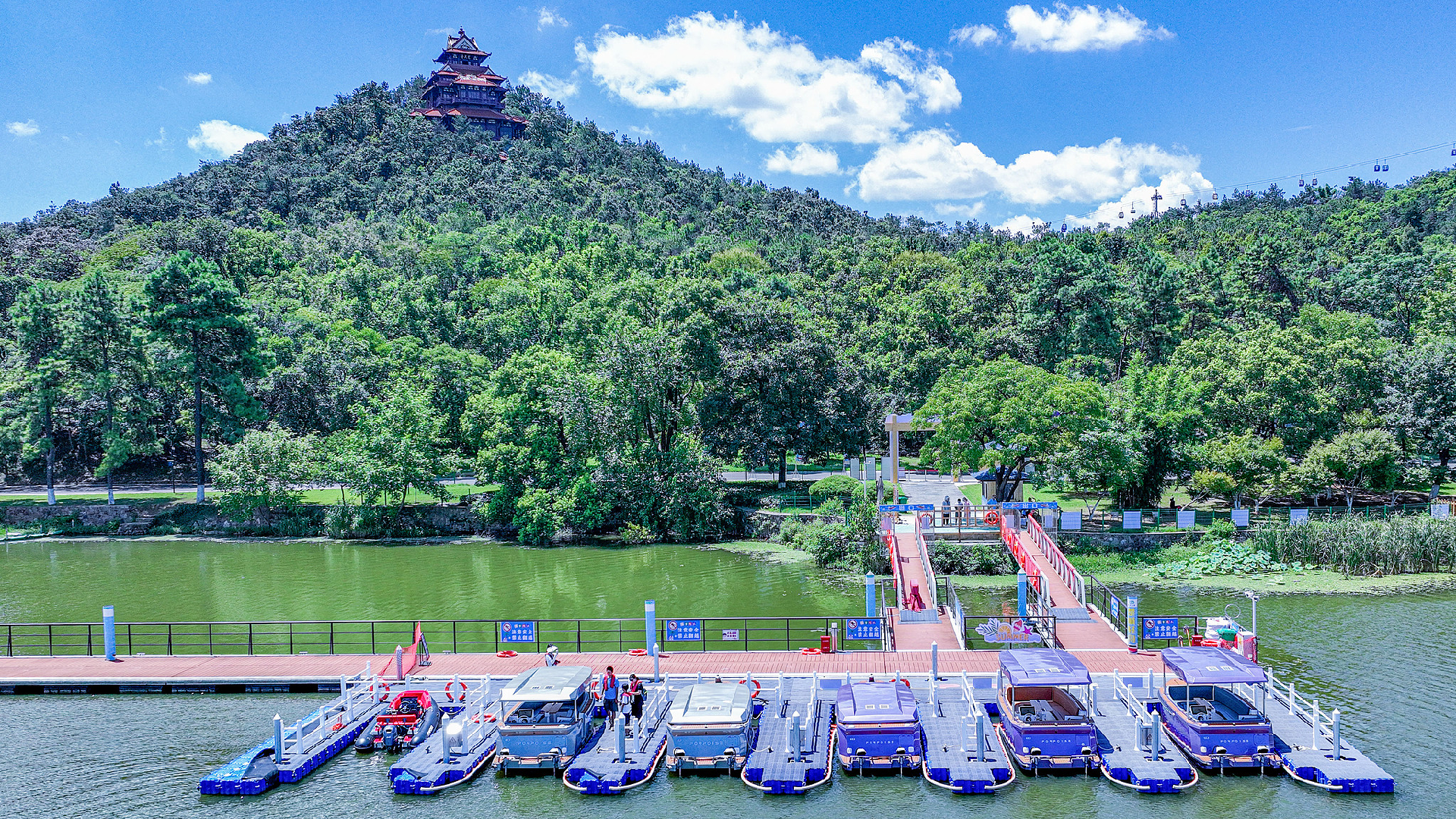INSUBCONTINENT EXCLUSIVE:
Major tourism platforms in China have integrated AI technologies, while various provinces and cities have launched AI tourism service
platforms with unique features.On some popular tourism platforms, tourists can give simple instructions, such as inquiries about must-visit
attractions for a three-day stay in Shanghai or requests for a 15-day trip to Canada with a preference for natural landscapes
AI typically provides corresponding advice within minutes.Liang Jianzhang, chairman of Trip.com Group, said the company's large model has
provided users with comprehensive intelligent services before, during and after their trips by screening high-quality travel data and
combining it with real-time data."Currently, 80 percent of inquiries can be swiftly resolved by AI, reducing users' decision-making time for
a trip from approximately 9 to 6.6 hours," Liang stated.Industry insiders recommend that tourists use at least two platforms to obtain AI
recommendations and make informed decisions to meet their basic travel planning needs.Sun Xiaolei, a travel expert who drove freely in
western Canada for 17 days, gave a score of 6 to 7 for the AI recommendations on Canadian self-drive routes on various tourism platforms."To
create a self-drive strategy for western Canada, I spent nearly a month browsing through numerous travel guides and notes," Sun said, adding
that the AI recommendations overlapped with his carefully planned route by 70 to 80 percent.In the past months, Chinese provinces and
municipalities, notably Guizhou Province and Shanghai, have launched their AI agents offering tourism advice.Huang Xiao Xi, a digital human
adorned in Guizhou ethnic attire, can generate personalized tour plans in seconds and help tourists order local delicacies with just one
click.Debuted at a recent conference in Guizhou Province, Huang Xiao Xi is the core carrier of Guizhou's tourism large model, providing
intelligent services throughout the travel process, including itinerary planning, intelligent ordering and tour guides.Hu Xiao You, a smart
tourism service system launched by tourism authorities in Shanghai, connects in real time with information on business outlets, scenic spot
passenger flow, traffic conditions, surrounding public transportation and even toilet locations.Zhong Xiaomin, director of the Shanghai
Municipal Administration of Culture and Tourism, said that AI has allowed the seamless integration of authoritative information from
cultural and tourism departments with the creative and personal experiences of businesses and tourists.Zhong added that Hu Xiao You will
continue to learn based on user feedback, enabling Shanghai's tourism resources to more accurately meet and satisfy tourists' personalized
needs.Wearable smart guide devices have also become more prevalent in China, especially in museums
These devices provide users with a private AI tour guide at a fraction of the cost of human tour guides.Through the integrated application
of new technologies such as virtual reality (VR), augmented reality (AR) and 3D, users can "talk" with ancients, "interact" with cultural
relics, and turn ancient paintings into dynamic real scenes.Gan Chunhui, executive vice president of the Shanghai Academy of Social
Sciences, analyzed that introducing new technologies has helped the tourism industry form new quality productive forces
Instead of discarding traditional industries, China aims to revitalize them with technological innovations tailored to local development
needs.Gan anticipated key improvements in the industry, including informatization, networking, digitization, automation and higher
efficiency.(Cover: Self-driving yachts at the East Lake scenic area in Wuhan City, Hubei Province, central China, July 30, 2024

